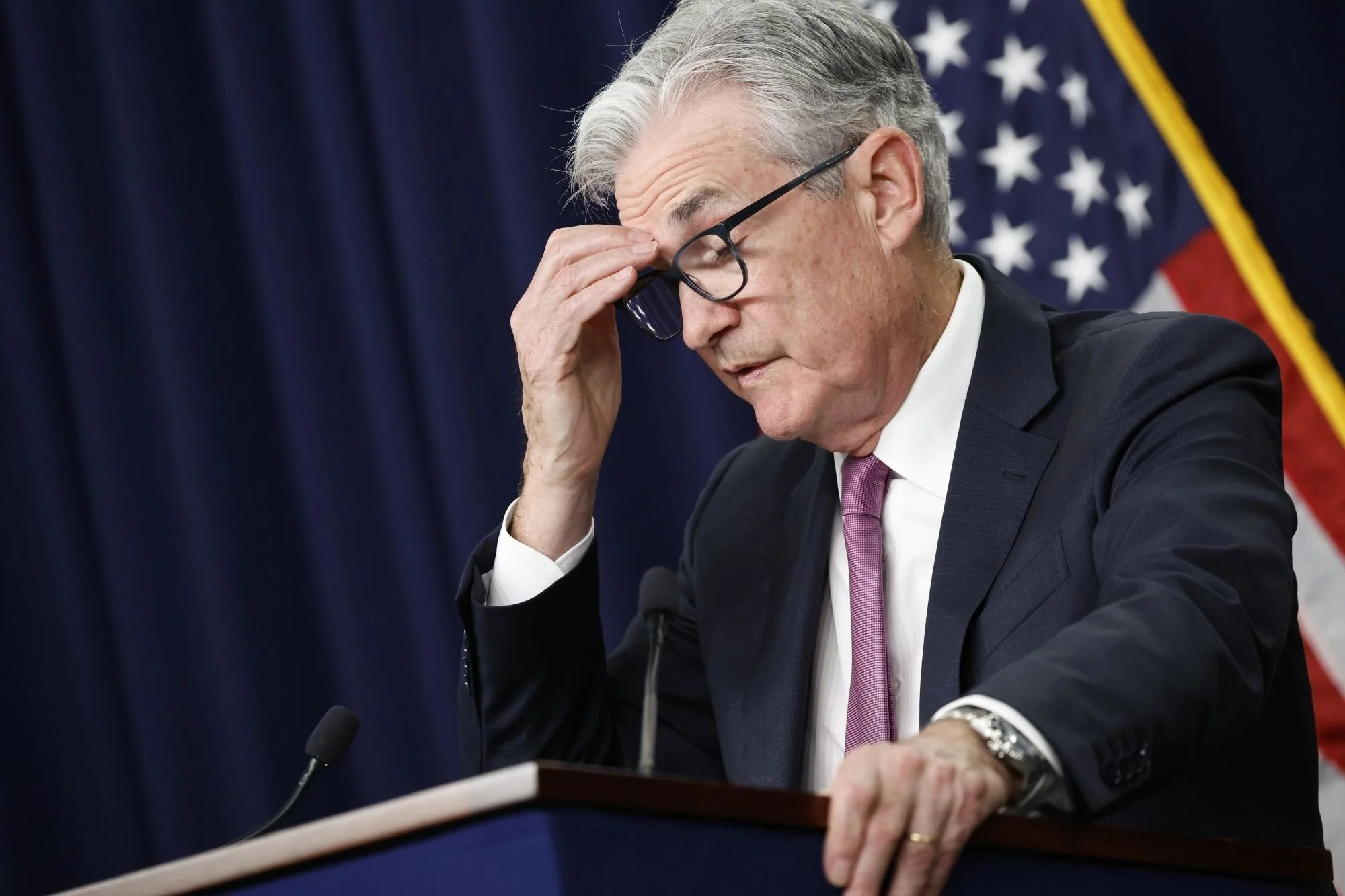On Wednesday, the Fed made clear it will continue to aggressively fight the high inflation that it previously ignored and dismissed as “transitory.” Specifically, the Fed just raised rates by 75bps for the third FOMC meeting in a row, and these hikes continue to harshly punish investment accounts holding both stocks and bonds.
What’s more, the pain is even worse than it seems considering losses are magnified by inflation, meaning you can buy significantly less this year (as compared to last year) with the same amount of money.
The Fed’s dual mandate is to keep inflation reasonable and unemployment relatively low, which means the Fed doesn’t care one iota that millions of investment account balances are down significantly since they started hiking rates. In fact, declining markets is a totally acceptable side effect to the Fed, and they are actually magnifying this side effect by unwinding the Fed balance sheet (i.e. slowly selling off the trillions of dollars of bonds they previously bought to prop up markets after Covid and after the financial crisis of 2008-2009).
In a nutshell, it’s ugly out there, and it can still get worse.
The Fed wants inflation down to 2%, and they expect unemployment to increase to 4.4% (currently 3.7%) in the process. The Fed is essentially using the jobs of millions of Americans as dry powder in their effort to fight high inflation. They know hiking rates will slow the economy (they keep lowering their expectations for GDP growth) and job losses for millions of Americans is just collateral damage to them.
Does the Fed Know What It’s Doing?
In theory, the Fed’s efforts are designed to help the economy and ultimately help you too. The argument is basically that if inflation isn’t brought under control then no one will be able to afford anything and the economy will really be in big trouble then.
Of course the Fed is attempting to fight inflation (that they helped create in the first place) with really blunt tools. Specifically, the Fed is using backward-looking economic data to impose new monetary policies (e.g. higher rates, smaller Fed balance sheet) that won’t even impact the economy for 6 to 12 months into the future anyway (there is a lag before monetary policies even significantly impact the economy).
The Fed is now so aggressively focused on fighting inflation that they may overshoot (go too far) with the rate hikes (and balance sheet unwind) in their effort to fight an inflation that still may prove to be somewhat transitory (i.e. inflation may fall to normal levels all by itself as the post-covid economy normalizes).
What should you be doing as an investor?
The two things you should be doing as an investor are (1) Don’t try to time the market’s moves and/or the Fed’s decisions (because you’re not going to get the short-term market timing right—no one does—and trying will lead to ugly costly mistakes, and (2) Stay focused on your long-term goals. Whether the Fed is helping or slowing the inflation recovery is unknown (hopefully they are helping, but truthfully their actions are probably just the beginning of a new economic challenge that will pop-up somewhere else—read about the “invisible hand” in Adam Smith’s Wealth of Nations).
Rather, disciplined, goal-focused, long-term investing is a winning strategy. It prevents you from making costly short-term mistakes and it keeps you on track to achieving your long-term goals. Wealth is destroyed by trying to outsmart the market in the short term, and the real money is made (and protected) by sticking to your goals over the long-term.

